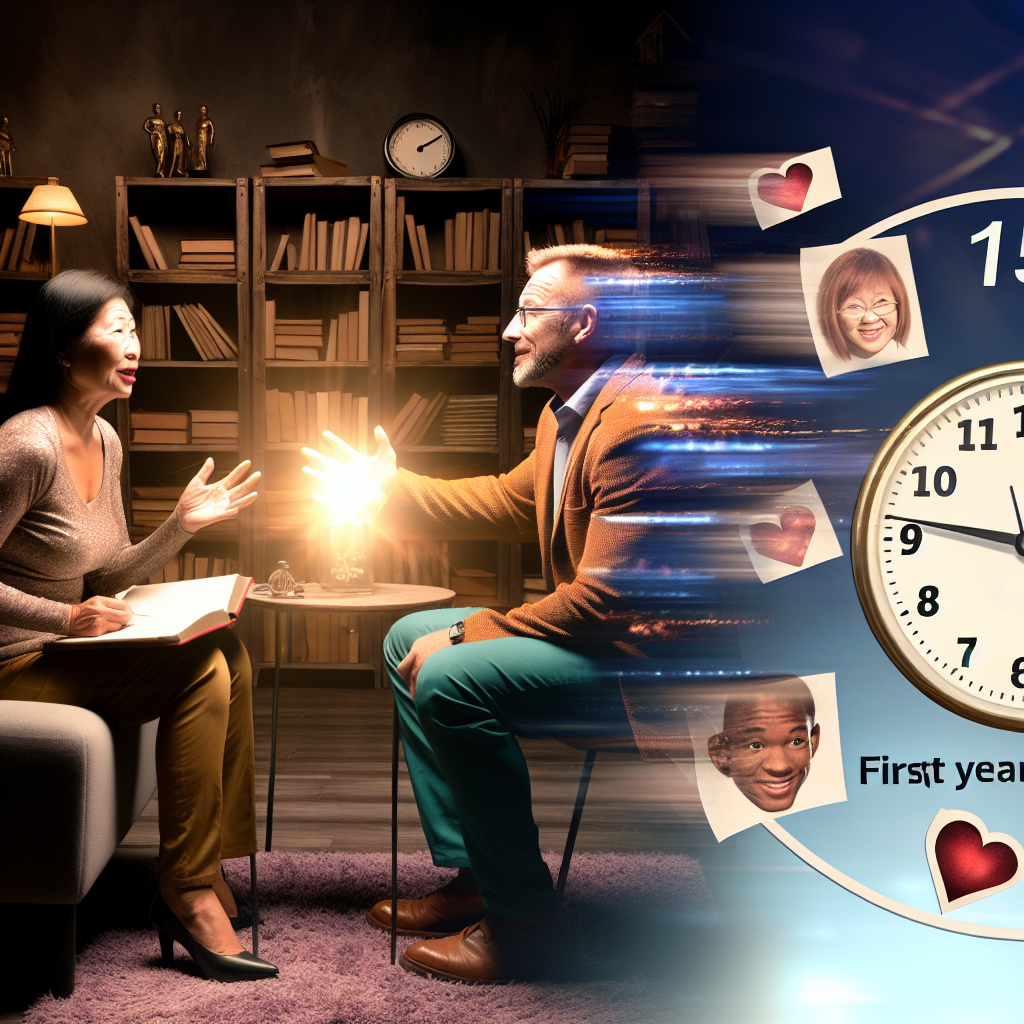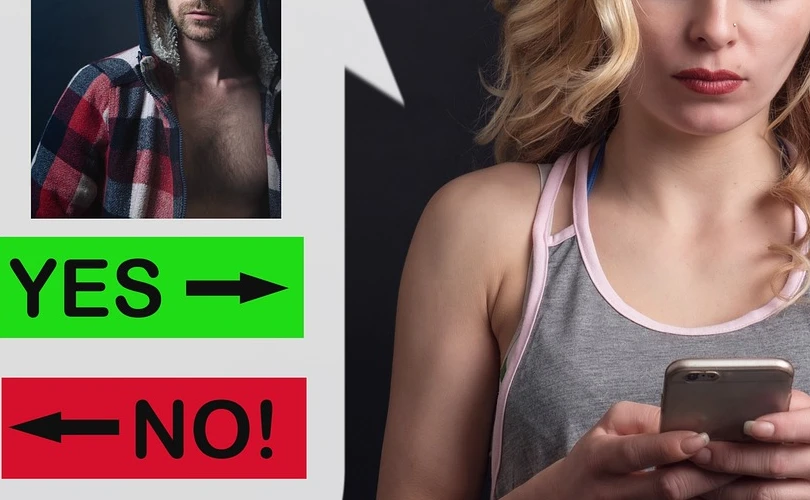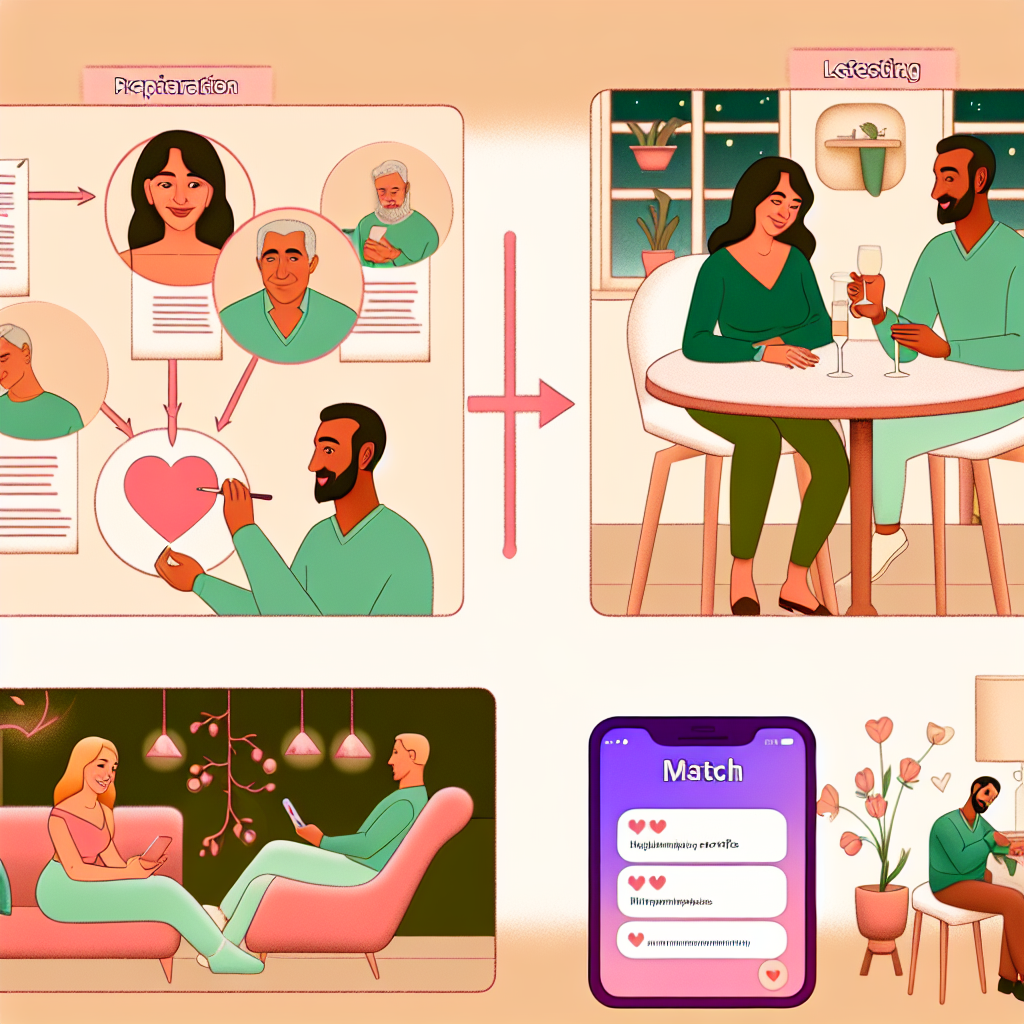The Coach’s Corner – How We Helped a Client Overcome a 15-Year Streak of First-Date-Only Experiences
Introduction:
Imagine spending 15 years going on date after date—with nothing more than polite goodbyes and unanswered follow-ups to show for it. While some daters might average a few dates a year, others face a frustrating pattern: a string of first dates with no second date in sight. That’s exactly what happened to our client Rachel (name changed for privacy), a bright, accomplished, and charming professional in her early 40s, who came to HitchMe exhausted, disheartened, and skeptical. After more than a decade of first-date-only experiences, she believed love might simply be out of reach for her.
Her story, though extreme, is not unique.
Too often, singles find themselves caught in a loop of short-lived connections that lead nowhere. Whether it’s mismatched expectations, subconscious self-sabotage, outdated communication tools, or internalized limiting beliefs, the reasons can be numerous—but so are the solutions. At HitchMe.com, our matchmaking and coaching team takes a holistic, strategic approach to uncover underlying causes, identify real-life patterns, and offer actionable solutions tailored to each individual.
When Rachel joined us, she had already tried all the typical solutions—new profile photos, fresh bios, and a few communication tweaks. But nothing worked long-term. She believed she was the “common denominator” in her failures. What she needed wasn’t another dating app or trendy trick; she needed expert guidance rooted in psychology, personal values, and strategic evolution.
Through a combination of mindset coaching, behavioral analysis, and strategic matchmaking, our coaching team began to unravel the 15-year mystery. Rachel didn’t need to become someone else to find love—she needed a dating process rooted in her authentic self. This article takes you through Rachel’s powerful transformation—from a years-long cycle of first dates to a deeply fulfilling relationship.
If you’re someone who constantly hits the first-date wall, know that you’re not alone—and more importantly, there is hope.
Key Insights and Breakdown:
The phenomenon of repeated first-date failures has been a topic of both psychological and sociological inquiry. Studies suggest that personal expectations, attachment styles, and communication mismatches significantly influence relationship outcomes.
According to a study in the Journal of Social and Personal Relationships, individuals with an avoidant or anxious attachment style are more likely to misinterpret signals and avoid necessary vulnerability early in dating. Rachel demonstrated this tendency—regularly presenting independence and emotional detachment on her dates, which made it difficult for genuine connection to develop. Our coaches identified this as a masked form of emotional self-protection, resulting from early trust violations in her romantic past.
We used customized communication strategies and guided vulnerability exercises to gently shift this pattern. Our goal was not to eliminate Rachel’s sense of independence, but to help her couple it with authentic warmth and relational openness.
Additionally, numerous behavioral science studies highlight how cognitive biases like “confirmation bias” and “negativity bias” influence daters’ perceptions. In a 2018 study by Finkel and colleagues, published in Psychological Science in the Public Interest, researchers concluded that many daters subconsciously search for red flags to validate their doubts—rather than truly exploring compatibility. Rachel realized she had approached dates prepared to find faults, which led her to prematurely disengage—sometimes even before the main course arrived.
We addressed this with structured post-date reflection tools that emphasized curiosity over critique. Instead of asking, “Is this person right for me?” we encouraged Rachel to ask, “What did I learn about myself and others today?”
Utilizing Personality Science
We also incorporated evidence-based frameworks like the Five Factor Model of personality. This model measures traits such as openness, conscientiousness, and agreeableness, all of which heavily affect romantic outcomes. Rachel’s results showed she ranked high in conscientiousness—organized and dependable—but lower in openness, particularly concerning emotional risk-taking.
Using this insight, our team built a progressive plan that allowed Rachel to practice emotional openness in low-stakes environments (like mock dates) before real-world application. We also introduced micro-practices such as sharing personal anecdotes, using warm but authentic compliments, and asking emotionally evocative questions on dates.
Strategic Matchmaking in Action
While coaching formed the core of Rachel’s transformation, strategic matchmaking gave her a new lens through which to view dating. We matched her with compatible individuals based on psychological profile, values alignment, and communication style. These weren’t arbitrary choices—they were filtered matches designed to short-circuit old habits and encourage a new relational dynamic.
We also conducted mock-date simulations, text conversation analysis, and video feedback reviews to help Rachel see herself through others’ eyes. These nuanced shifts proved powerful, offering eye-opening insight into how she unintentionally distanced herself on first dates, and provided the actionable strategies to do differently next time.
From First Dates to Forever
Within four months, Rachel experienced lasting change. She had several second and third dates that unfolded more naturally than ever before. Six months in, she entered into a committed relationship that aligned with her values, goals, and emotional needs.
Her outcome wasn’t just “finding someone”—it was creating the mindset and relational habits that allowed her to truly connect.
Conclusion
Rachel’s journey is a powerful reminder that dating success isn’t about luck or becoming someone else. It’s about understanding who you are, identifying blind spots, and approaching love with strategy, empathy, and authenticity.
At HitchMe, we guide you step-by-step to break the cycle of first-date plateaus and pave the way to lasting, meaningful partnerships. If you’re tired of one-and-done dating patterns, maybe it’s time to try a personalized, science-backed approach.
Learn more or get started at HitchMe.com.
References
1. Fraley, R. C., & Shaver, P. R. (2000). Adult romantic attachment: Theoretical developments, emerging controversies, and unanswered questions. Review of General Psychology.
2. Finkel, E. J., et al. (2018). Online Dating: A Critical Analysis From the Perspective of Psychological Science. Psychological Science in the Public Interest.
3. McCrae, R. R., & Costa, P. T. (2004). A contemplated revision of the NEO Five-Factor Inventory. Personality and Individual Differences.
Summary (100 words)
After 15 years of first-date-only experiences, Rachel came to HitchMe seeking change. Through customized coaching, mindset shifts, and science-based matchmaking, she uncovered emotional habits like avoidance, negativity bias, and low openness—all of which blocked meaningful connection. Leveraging personality models, behavioral insights, and mock-date feedback, our team guided her toward more authentic vulnerability and focused attention on process over outcome. Within months, Rachel went from dead-end dates to a fulfilling, consistent relationship. Her transformation proves that dating success lies not in luck, but in clarity, psychology, and a strategy aligned with who you truly are.

Dominic E. is a passionate filmmaker navigating the exciting intersection of art and science. By day, he delves into the complexities of the human body as a full-time medical writer, meticulously translating intricate medical concepts into accessible and engaging narratives. By night, he explores the boundless realm of cinematic storytelling, crafting narratives that evoke emotion and challenge perspectives. Film Student and Full-time Medical Writer for ContentVendor.com




